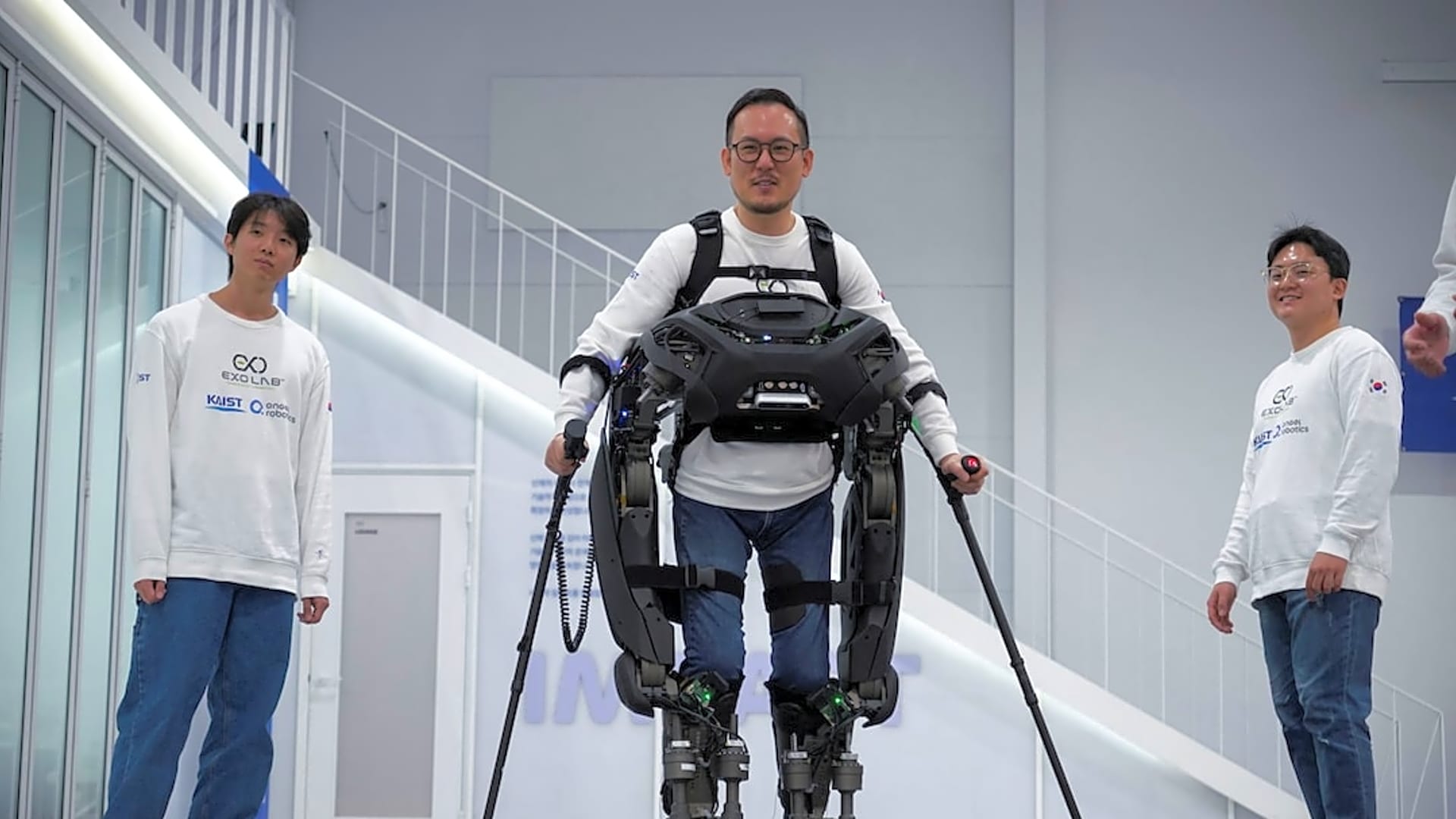The lone male plant from a species that is believed to be extinct in the wild has called on artificial intelligence (AI) to find a female spouse. Drones and artificial intelligence (AI) are being used in a research initiative headed by the University of Southampton to investigate the Ngoye Forest in South Africa, the location of the sole known Encephalartos woodii, or E.woodii.
In the event that the researchers are unable to locate a female in the forest, they are also investigating the possibility of altering the sex of the plant to enable natural reproduction.
Cycads, or E.woodii, are the oldest living seed-bearing plants, deriving from a lineage that stretches back 300 million years, predating the dinosaur era. Conservationists warn that because of habitat loss and the international traffic in prized wild cycads, they are currently among the most vulnerable plant groups in the world.
After being found in the Ngoye Forest in 1895, the male E.woodii plant was relocated a few years later for safekeeping. Samples of the plant were transported to botanical gardens, including Kew Gardens in London, where the species is still cultivated and flourishes today. The project team stated that the Ngoye Forest has never been thoroughly investigated to see whether a female could exist. However, all propagated samples are male clones and cannot naturally procreate.
Tens of thousands of photos were taken during the first drone flights in 2022 using a multispectral sensor to distinguish different species and detect details that are invisible to the human eye.
Since a female E. woodii could not be located, more drone imagery is being conducted. AI is being trained to identify plants based on their shapes, which will aid in the search for the elusive companion.
Of the 10,000 acres of forest, 195 acres have been examined thus far.
Leading the project is Dr. Laura Cinti, a research-based artist working with biology from the University of Southampton’s Winchester School of Art. Dr. Howard Boland, an expert in creative technology working in AI, and Dr. Debbie Jewitt, a conservation scientist and drone pilot located in South Africa, are also involved.
According to Dr. Cinti. “This plant is, as far as we know, extinct in the wild. I was very inspired by the story of the E.woodii – it mirrors a classic tale of unrequited love, I’m hopeful there is a female out there somewhere, after all there must have been at one time. “It would be amazing to bring this plant so close to extinction back through natural reproduction.”
According to her, the team created photos of plants and placed them in various environments to train the model’s detection of them using an image recognition algorithm.
Additionally, Dr. Cinti is working on a research to look into the possibility of changing the sex of E. woodii through pharmacological or physiological manipulation.
“.


